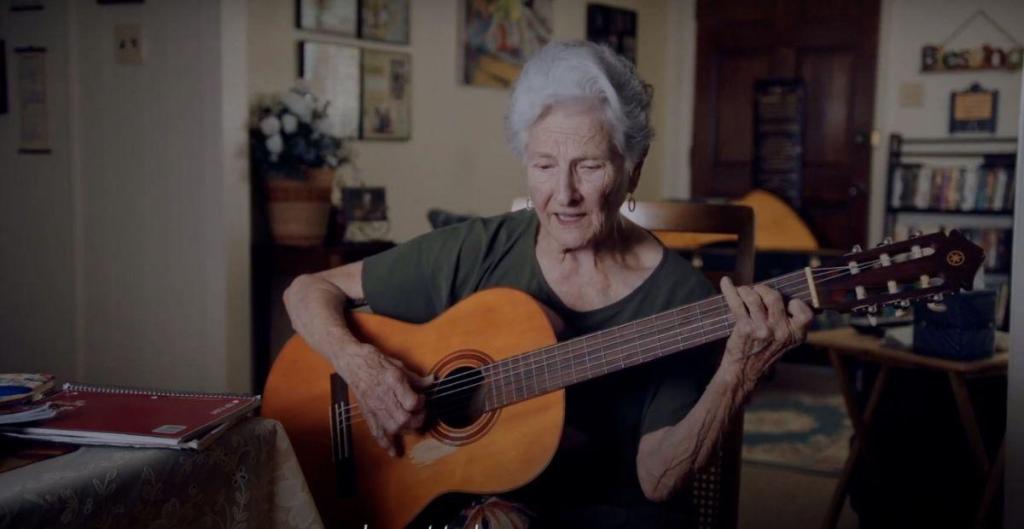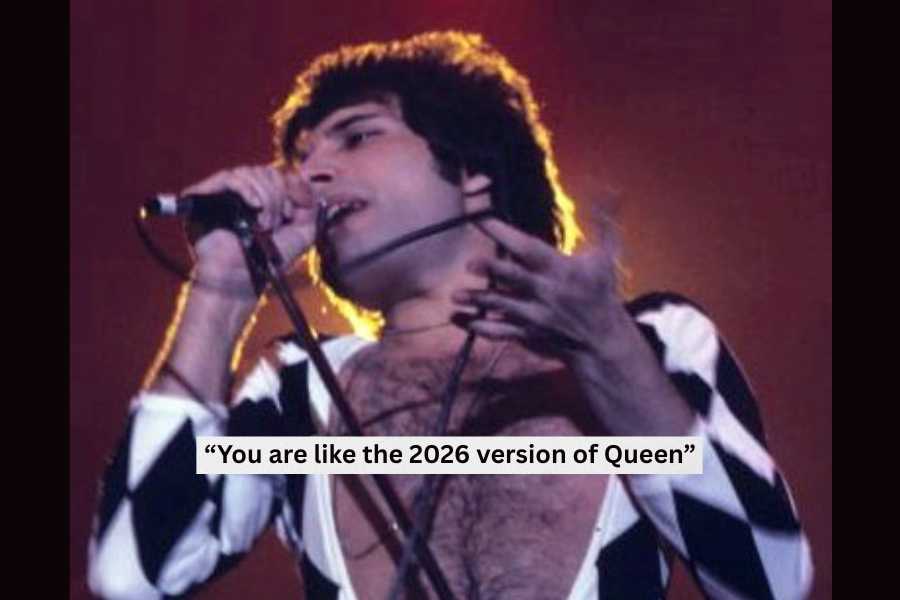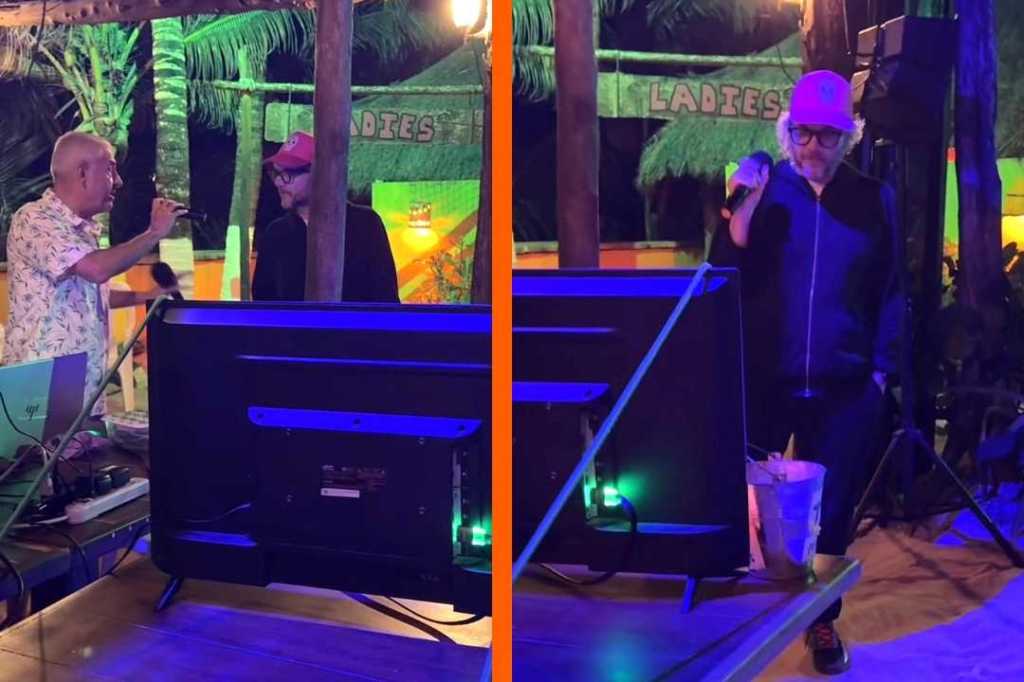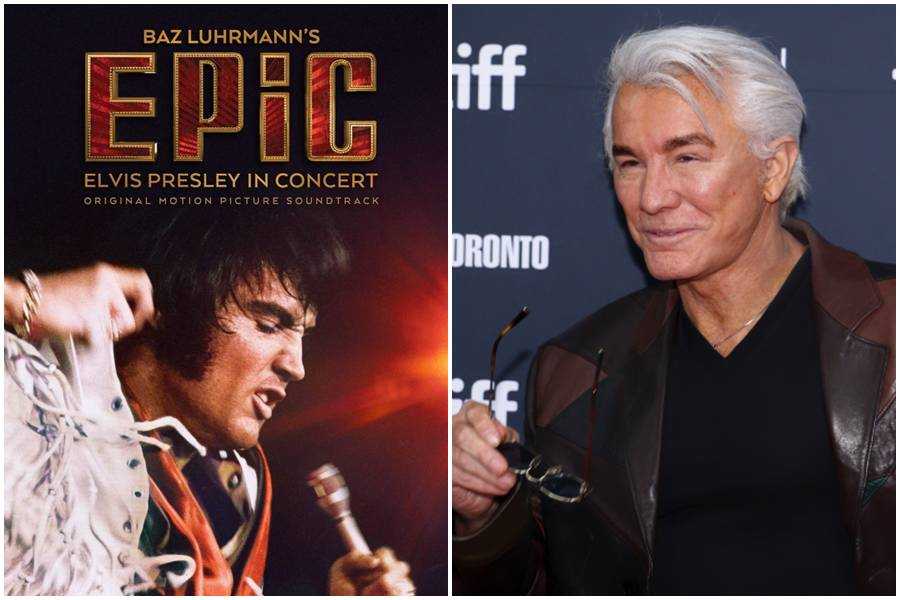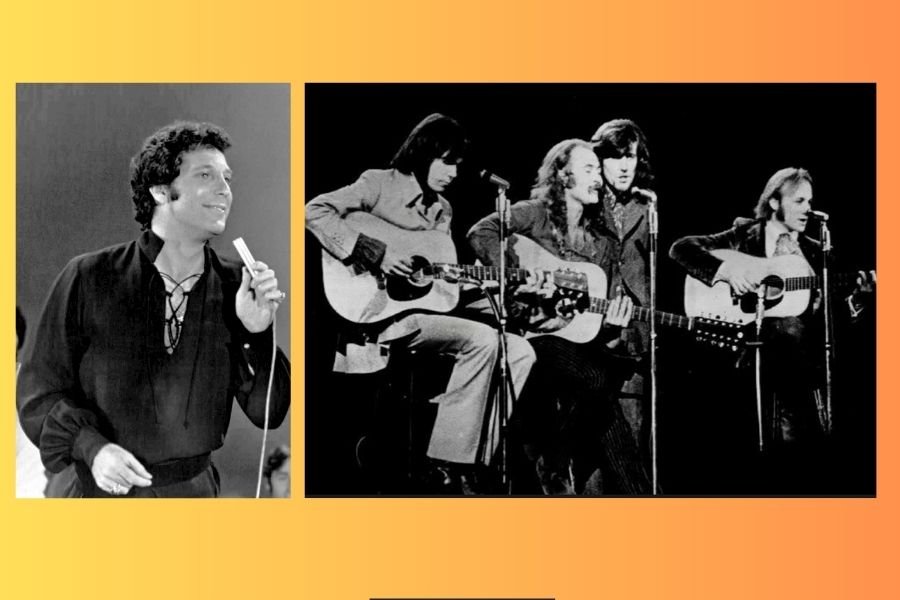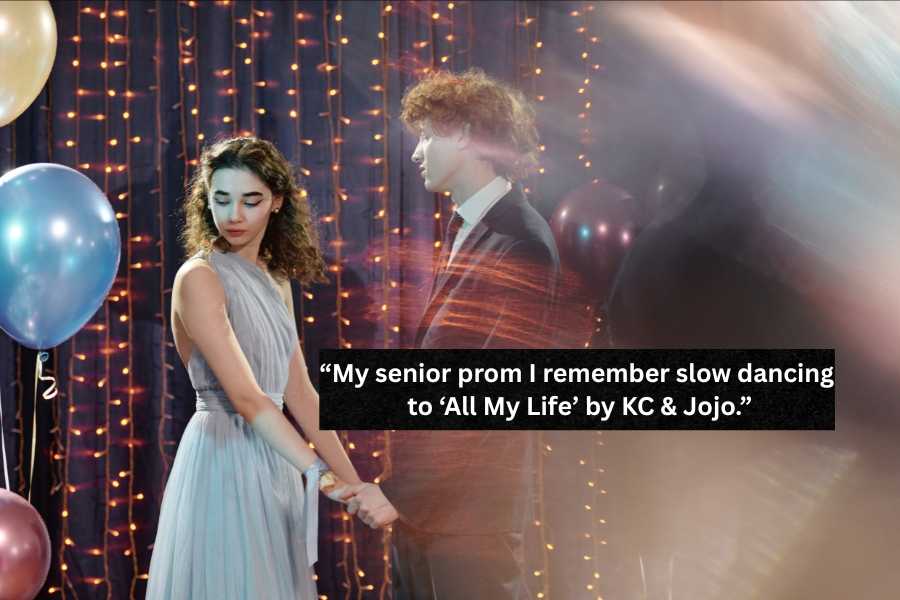Clearly, music runs in the Alvarez family. Angela Alvarez, now 95, began writing songs at the age of 14 while growing up in 1930s Cuba. She might have not continued with professional ambitions, but the passion was kept well alive.
Her grandson, Carlos José Alvarez, then went on to become a composer in Los Angeles, combining his inherited talent with a love for cinema. Carlos José knew the huge impact his grandmother’s (aka Nana’s) music made on his life, and as Alvarez grew older, he wanted to encapsulate her legacy by creating an album of her songs.
Little did he or his gifted Nana know just how far the loving gesture would go—securing her a historic Latin Grammy win for ‘Best New Artist.’ Alvarez is the eldest winner of the award ever.
Carlos José told the The Washington Post that inspiration led him to bring a microphone over to his Nana’s house—now in Baton Rouge, Louisiana—to capture her “angelic and soulful” voice. Though he was no stranger to her singing, in the process of recording, Carlos José learned more about his Nana’s life than he had ever known before.
Alvarez had written more than 50 songs during her lifetime. With every piece, she coped with major milestones and obstacles in her life, like the grief of losing both her husband and daughter to cancer, and helping her young children flee alone into the U.S. as Fidel Castro took over their home country.
“I didn’t realize that these songs were like a diary of her life. It all made sense,” Carlos José told The Washington Post. “You can hear the life she has lived in her singing.”
This was as far as her love for music could ever go, as she was forbidden by her father to become a professional musician. Loving him dearly, she complied to sing only for her “family, and not the world.”
That would soon change, as Carlos José decided to not only record his Nana’s songs, but produce and release a full 15-track album, simply titled “Angela Alvarez.” The passion project became a labor of love for many of Carlos José’s creative friends, including not only fellow musicians, but Cuban American actor Andy Garcia, who was so moved by Carlos José’s act of kindness that he helped create “Miss Angela,” a documentary chronicling Alvarez’s life and the songs inspired by it.
Alvarez’s long-lost dream had finally come to fruition. She even celebrated her 91st birthday by captivating audiences during her first live public concert at the historic Avalon in L.A, where Garcia gave her a glowing introduction. “She represents a generation, perhaps our greatest generation of Cubans,” he told viewers.
Then things got even better. Now Alvarez is nominated for a Latin Grammy award for Best New Artist. The lesson: It’s never too late for a dream to flourish. Magic can happen by continuing to do the things that make you come alive.
Perhaps the even greater lesson comes from Carlos José. As he shared with Billboard, “I hope this entire project inspires young people to sit down and talk to their elders. Ask them questions. Ask them about the dreams they had once upon a time. They will be surprised at what they will find. If we don’t ask them, they won’t tell us, and their wisdom and dreams will leave with them.”
Kudos to the grandma finally getting her long-awaited moment in the sun, and to the grandson whose love helped make it happen.

